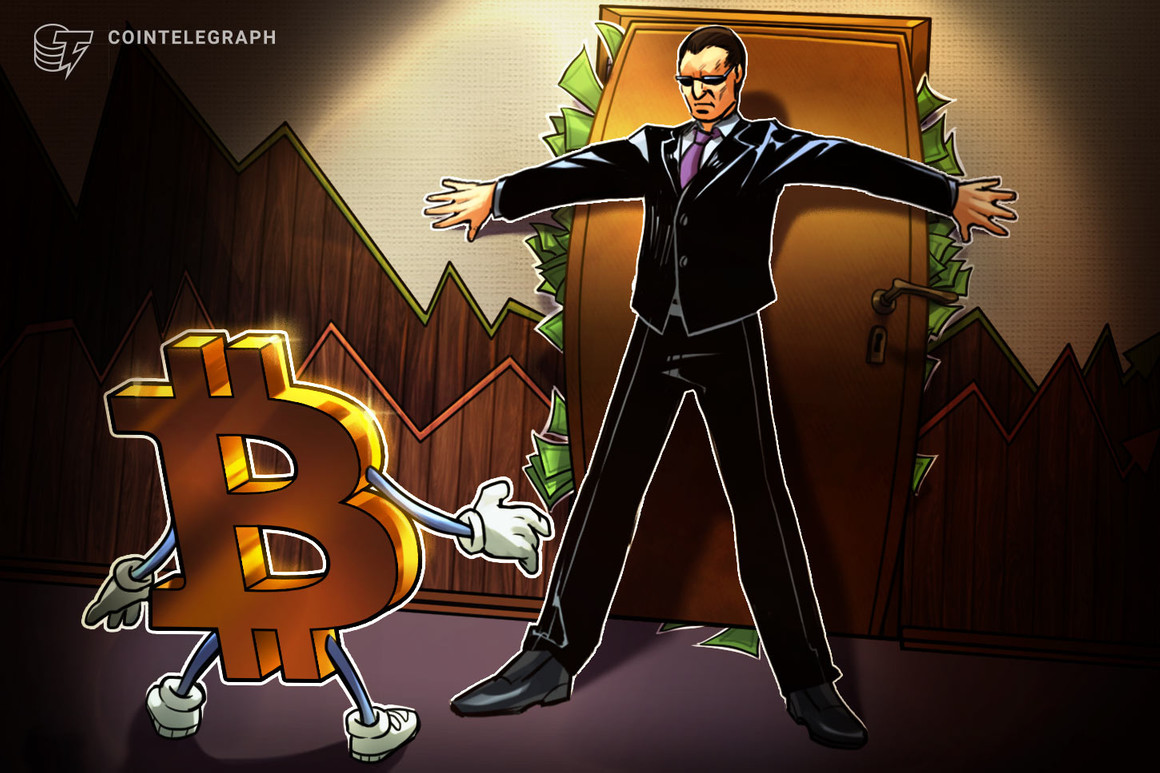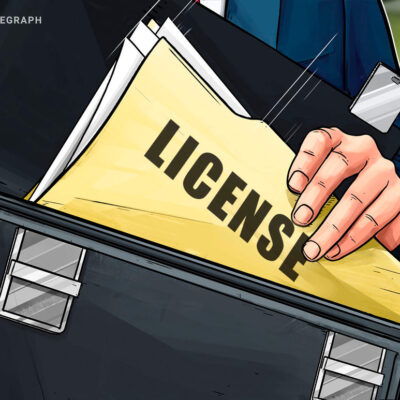As El Salvador adopts Bitcoin (BTC) as legal tender, one Dutch official blasted the cryptocurrency, calling for an urgent blanket ban.
Pieter Hasekamp, director of the Dutch Bureau for Economic Analysis under the Ministry of Economic Affairs and Climate Policy, published an essay entitled “The Netherlands must ban bitcoin.â€
In line with the essay’s title, Hasekamp lists a wide list of reasons why the Dutch government must enforce an immediate total ban on mining, trading and holding Bitcoin. According to the official, this could cause the price to plummet because Bitcoin “has no intrinsic value and is only valuable because others may accept it.â€
The exec cited a common anti-crypto narrative, arguing that any cryptocurrency is not able to fulfill any of the three functions of money as a unit of account, means of payment and store of value. He also cited other common anti-Bitcoin arguments like security concerns, risks of fraud and scams, and argued that the crypto is useful tool for criminal actors.
Hasekamp said that the Netherlands has been lagging behind countries that have moved to “curb the crypto hype†in recent years. “Dutch regulators attempted to tighten up the supervision of trading platforms, but without much success. The Central Planning Bureau pointed out the risks of crypto trading in 2018, but concluded that stricter regulation was not yet necessary,†the official wrote.
Related: Dutch regulators unsure of number of crypto investors in Netherlands
In his essay, Hasekamp paid special attention to Gresham’s law, a monetary principle that states that overvalued currency, or “bad money,” tends to drive legally undervalued currency, or “good money,” out of circulation. Calling Bitcoin “bad money,” Hasekamp argued that Gresham’s law could work the opposite way with Bitcoin:
“Cryptocurrencies demonstrate all the hallmarks of ‘bad money’: unclear origin, uncertain valuation, shady trading practices […] Is Gresham’s law back? No, on the contrary. Cryptocurrencies are not used in regular payment transactions. […] Bad money disappears from circulation because nobody wants to accept it anymore.“






